
Homeschool Vs Public School: Statistics and Test Scores
ALPHA-PHONICS Blog Editor Note: Be sure to click on the many embed links in this article. They provide a cornucopia of additional Homeschooling information.
Homeschool vs Public school – how does each fare when compared side by side? If you’re interested in starting to homeschool, you are probably very interested in how homeschools fare in test scores and other measures. In this article, we’ll be looking at homeschool vs public school test scores and statistics. So stay tuned for a fascinating read!
Note that drawing a 100% conclusive results from these studies will be difficult as some homeschoolers use different approaches which teach them in different ways which affect 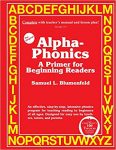 academic outcomes. For instance, unschoolers don’t have a set curriculum and will score poorly; in contrast, classically trained homeschoolers will tend to perform well above average.
academic outcomes. For instance, unschoolers don’t have a set curriculum and will score poorly; in contrast, classically trained homeschoolers will tend to perform well above average.
Furthermore, a lot of homeschoolers move back and forth into schools and out of them. Some do school part-time. This will also affect research.
Therefore, in this article, we’ll cover…
In this article, we’ll be covering information from the following headings:
- Homeschool vs Public School Test Scores – 1988, 2011, 2014 and
- Australian Data on Homeschool vs Public School Test Scores 2008-2014
- Meta-Analysis of Homeschool vs Public School Test Scores
- Why do Homeschoolers Score Better than Public Schoolers?
Let’s dive in and get started!
If you’re going to homeschool your child, you need to have good reasons to homeschool, one of which includes having better academic results than the school population. According to a plethora of research, I’ve read, homeschoolers (unless they’re unstructured homeschoolers) always outperform their public school peers.
Homeschool vs Public School Test Scores 1988
Laurence Rudner looked at homeschool vs public school test scores in 1988 and found homeschoolers easily outperformed their public school peers:
Major findings include: the achievement test scores of this group of home school students are exceptionally high–the median scores were typically in the 70th to 80th percentile; 25% of home school students are enrolled one or more grades above their age-level public and private school peers…
Homeschool vs Public School Test Scores 2011
Martin-Chang and Gould looked at homeschool vs public school test scores in 2011 and found structured homeschoolers easily outperformed their public school peers:
When the homeschooled group was divided into those who were taught from organized lesson plans (structured homeschoolers) and those who were not (unstructured homeschoolers [read unschoolers]), the data showed that structured homeschooled children achieved higher standardized scores compared with children attending public school.
Exploratory analyses also suggest that the unstructured homeschoolers are achieving the lowest standardized scores across the 3 groups… [Martin-Chang & Gould, 2011]
Homeschool vs Public School Test Scores 2014
Brian Ray looked into homeschool vs public school test scores in 2016, using a 2014 study. He said:
The SAT 2014 test scores of college-bound homeschool students were higher than the national average of all college-bound seniors that same year. Some 13,549 homeschool seniors had the following mean scores: 567 in critical reading, 521 in mathematics, and 535 in writing (College Board, 2014a). The mean SAT scores for all college-bound seniors in 2014 were 497 in critical reading, 513 in mathematics, and 487 in writing (College Board, 2014b). The homeschool students’ SAT scores were 0.61 standard deviation higher in reading, 0.26 standard deviation higher in mathematics, and 0.42 standard deviation higher in writing than those of all college-bound seniors taking the SAT, and these are notably large differences…the test scores of homeschool students are higher than the national average for all students. [NHERI, Ray, B, 2016]
Homeschool vs Public School Test Scores 2008-2014 (Australia)
The Australian government combined their test scores of registered homeschoolers who sat the Australian government exams (NAPLAN testing). Their results showed homeschoolers who homeschooled all the way through their school years always did the same or better than their public school peers.
These homeschoolers weren’t once found to underperform their public school peers.
For a detailed look, head to this page and scroll to the bottom of the page.
Homeschool vs Public School Test Scores Meta-Analysis
When Brian Ray did a meta-analysis of homeschool vs public school test scores he found:
The homeschooled have consistently scored in these studies, on average, at the 65th to 80th percentile on standardized academic achievement tests in the United States and Canada, compared to the public school average of the 50th percentile. [Ray, B, 2017]
Ray looked at quite a few studies and has found that homeschools performed well above their public school peers.
Why do Homeschoolers Score Better than Public Schoolers?
Why are homeschool test scores better than public school test scores?
Simply because parental involvement means children are more likely to be academically successful and reach their potential.
Homeschool test scores might be higher also because homeschools have:
- smaller class sizes,
- more individualized instruction by parents,
- and more academic time spent on core subjects like writing and literature studies.
While it is worthwhile looking into the testing methods and cohorts studied to determine 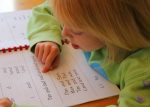 reliability (there’s a bit of criticism of Ray’s studies – deserved or not, you’ll have to decide), I can’t remember reading a study that scored homeschoolers below their public school peers.
reliability (there’s a bit of criticism of Ray’s studies – deserved or not, you’ll have to decide), I can’t remember reading a study that scored homeschoolers below their public school peers.
(I had to read hundreds of studies in preparation for my book, Why on Earth Homeschool: The Case for Christian Homeschooling.)
Conclusion
If you were to ask most people who have studied homeschool vs public school test scores, I think you would find they say homeschoolers outperform their public school peers.
This is evidenced in many studies.
Sure these studies might not be randomly sampled populations all the time, but the results come out so often as so far above their peers, it’s hard to believe there’s not something to  them.
them.
Anecdotally, I’ve heard of so many homeschoolers who perform well above the average.
This was the case in my family.
My brother and I went from being the bottom 10% of our class in our junior years at school (we spent our first two or three years at school before homeschooling), to the top 10% of our class when we attended university.
I credit homeschooling with giving me a love of learning which I carried into my tertiary education.
Hopefully, this look into homeschool vs public school test scores has impressed you, but I hope you choose to homeschool for so many more reasons than just the academic results.
Rebbecca Devitt is a Christian homeschooling graduate and mother who loves homeschooling and is interested in the question, ‘How Do I Homeschool?’ She spends her time writing about this subject and trying to find ways to homeschool in a gospel-centered manner.
The Publishers of ALPHA-PHONICS, for over 36 years a long used phonics reading instruction course of Homeschooling Families, are pleased to present this article for our followers. If you are thinking of teaching your OWN children to read, please consider ALPHA-PHONICS. Full details found below:


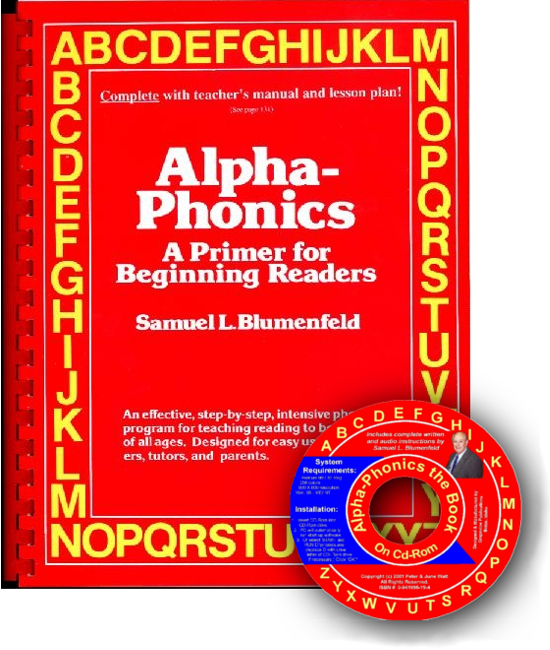 Alpha-Phonics
Alpha-Phonics The Alphabet Song!
The Alphabet Song! Water on the Floor
Water on the Floor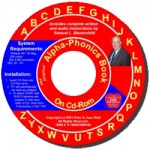 Alpha-Phonics the Book on CD Rom
Alpha-Phonics the Book on CD Rom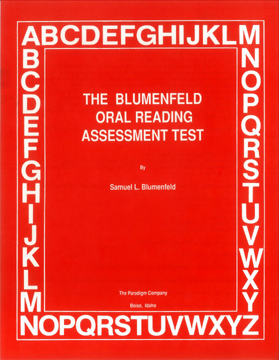 Blumenfeld Oral Reading Assessment Test
Blumenfeld Oral Reading Assessment Test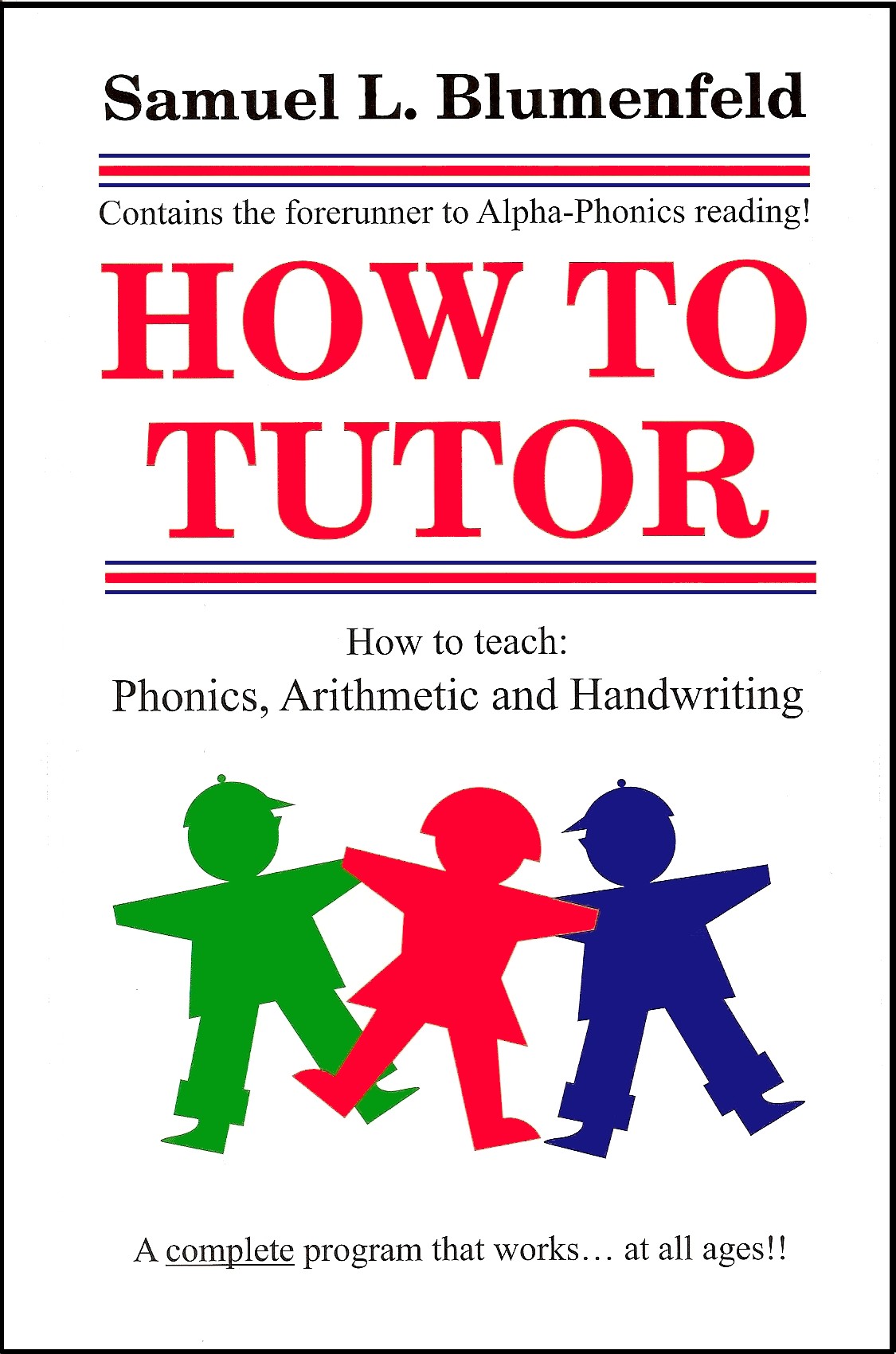 How To Tutor
How To Tutor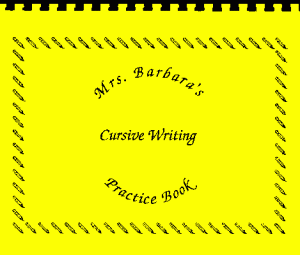 How To Tutor Cursive Handwriting Workbook
How To Tutor Cursive Handwriting Workbook